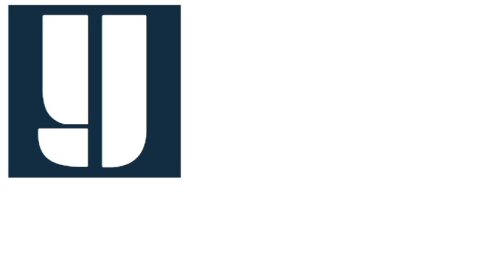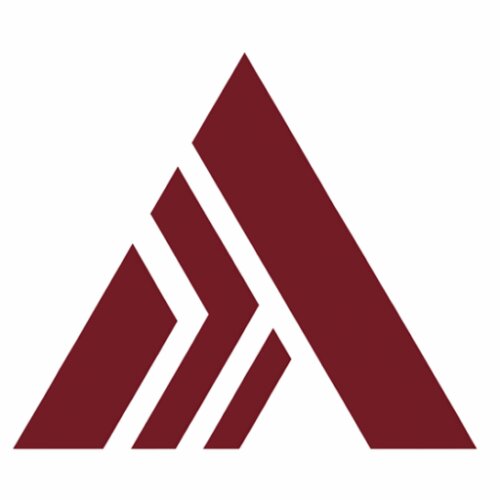Best Ethics and Professional Responsibility Lawyers in South Korea
Share your needs with us, get contacted by law firms.
Free. Takes 2 min.
Or refine your search by selecting a city:
List of the best lawyers in South Korea
About Ethics and Professional Responsibility Law in South Korea
Ethics and Professional Responsibility law in South Korea deals with the principles and duties that govern the conduct of professionals and organizations operating within the country. This area of law covers a wide array of professions such as law, medicine, business, media, and public service. The objective is to uphold standards that assure the integrity and accountability of professionals. These laws ensure that occupational practices meet societal expectations and protect the public interest by promoting justice and preventing misconduct.
Why You May Need a Lawyer
Individuals or organizations may need legal assistance in Ethics and Professional Responsibility for various reasons. Some common situations include:
- Facing allegations of professional misconduct or unethical behavior in the workplace.
- Navigating through regulatory requirements related to ethical standards in a particular profession.
- Seeking advice on compliance with industry-specific codes of conduct.
- Defending against claims that could damage an individual's or company’s reputation.
- Establishing internal policies to prevent ethical breaches within an organization.
- Understanding the impact of international ethical guidelines on local practices.
Local Laws Overview
South Korea has a comprehensive set of laws concerning Ethics and Professional Responsibility. Notably, the focus lies on enforcing accountability, preventing corruption, and promoting transparency among professionals. Key legal frameworks and institutions include:
- Attorney-at-Law Act: Governs the conduct of legal professionals, ensuring adherence to ethical standards by lawyers.
- National Public Officials Act: Establishes ethical requirements and disciplines for public officials to prevent conflicts of interest and corruption.
- Act on Combating Bribery of Foreign Public Officials in International Business Transactions: Enforces ethical conduct in international business dealings by combating bribery and corruption.
- Anti-Graft Law (Kim Young-ran Act): Aims at curbing corruption by limiting the value of gifts public officials and private-sector professionals can accept.
Frequently Asked Questions
What should I do if I am accused of professional misconduct?
Consult a lawyer specializing in Ethics and Professional Responsibility to review the allegations and advise on the appropriate legal and procedural responses. They can help in gathering evidence, preparing for hearings, and negotiating settlements if necessary.
What are the consequences of violating ethical standards in South Korea?
The consequences can range from reprimands and fines to suspension or revocation of professional licenses. More severe breaches may result in criminal charges or civil lawsuits.
How can organizations ensure compliance with local ethical laws?
Organizations can implement comprehensive compliance programs that include regular employee training, establishing clear policies and procedures, internal audits, and hiring compliance officers to monitor adherence to local ethical standards.
Is there a governmental body overseeing professional ethics in South Korea?
Yes, there are several bodies depending on the profession. For example, the Korean Bar Association oversees the ethical conduct of lawyers, while the Korean Medical Association oversees medical professionals.
Are there whistleblower protections in place in South Korea?
Yes, the Act on the Protection of Public Interest Whistleblowers offers protections to individuals who report unethical activities, ensuring their confidentiality and safeguarding them against retaliation.
How are ethical laws enforced in South Korea?
Enforcement is carried out by relevant professional associations and governmental regulatory bodies through investigations, disciplinary actions, and legal proceedings.
Can ethical violations lead to imprisonment?
Yes, particularly if the violation involves criminal activities such as bribery, corruption, or fraud. The severity of the penalty depends on the specific circumstances and laws broken.
Are ethical obligations different for public officials?
Public officials in Korea have additional ethical obligations under laws like the National Public Officials Act, which demands higher transparency and minimizes conflicts of interest.
What role do industry-specific codes of conduct play?
These codes provide additional guidelines tailored to the ethical challenges of specific industries. They often compliment national laws by offering more detailed expectations and enforcement mechanisms.
Can foreign entities be held accountable for violating South Korean ethical laws?
Yes, foreign entities operating in South Korea or engaging in activities that affect the country can be subject to local ethical laws, especially concerning anti-corruption and bribery regulations.
Additional Resources
For further information and assistance, consider reaching out to:
- Korean Bar Association: Offers resources and guidance related to legal ethics and professional responsibility.
- Korea Fair Trade Commission: Ensures business-related ethical compliance and handles matters regarding fair trade.
- Anti-Corruption and Civil Rights Commission: Provides mechanisms to report unethical behavior and learn more about corruption prevention.
- Ministry of Justice: Offers legal guidance and oversight on ethical legal matters across professions.
Next Steps
If you need legal assistance in the realm of Ethics and Professional Responsibility, consider taking the following steps:
- Schedule a consultation with a lawyer who specializes in ethics compliance and professional responsibility.
- Prepare all relevant documentation and information about your particular situation to ensure an effective consultation.
- Research to understand your rights and obligations under South Korean ethics laws pertinent to your profession.
- Stay informed about any legal developments and updates in your field regarding ethical standards and requirements.
Lawzana helps you find the best lawyers and law firms in South Korea through a curated and pre-screened list of qualified legal professionals. Our platform offers rankings and detailed profiles of attorneys and law firms, allowing you to compare based on practice areas, including Ethics and Professional Responsibility, experience, and client feedback.
Each profile includes a description of the firm's areas of practice, client reviews, team members and partners, year of establishment, spoken languages, office locations, contact information, social media presence, and any published articles or resources. Most firms on our platform speak English and are experienced in both local and international legal matters.
Get a quote from top-rated law firms in South Korea — quickly, securely, and without unnecessary hassle.
Disclaimer:
The information provided on this page is for general informational purposes only and does not constitute legal advice. While we strive to ensure the accuracy and relevance of the content, legal information may change over time, and interpretations of the law can vary. You should always consult with a qualified legal professional for advice specific to your situation.
We disclaim all liability for actions taken or not taken based on the content of this page. If you believe any information is incorrect or outdated, please contact us, and we will review and update it where appropriate.
Browse ethics and professional responsibility law firms by city in South Korea
Refine your search by selecting a city.
















